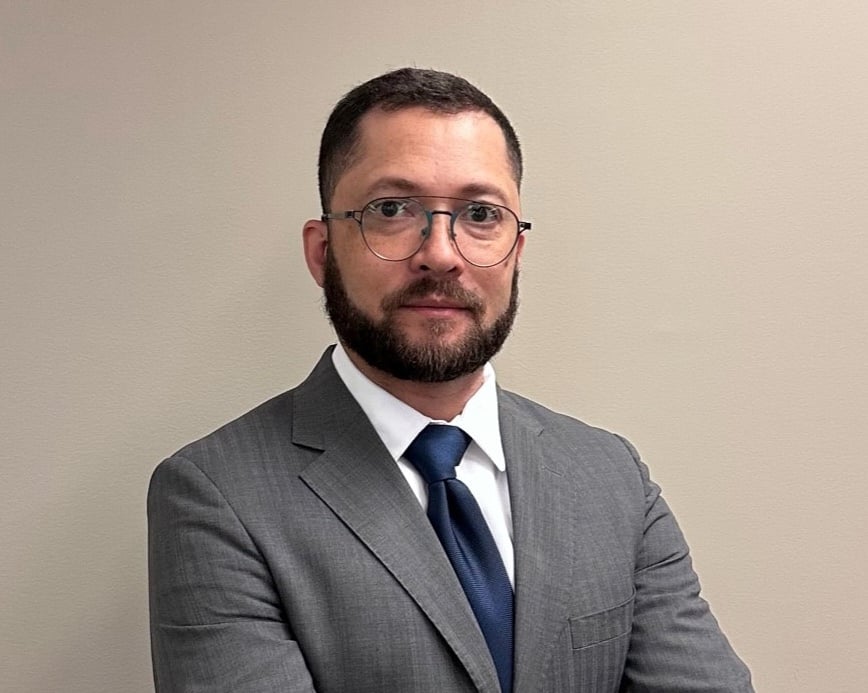Ethical AI
Discussion table
Learn from
Extensive experience in data science, networks, and operations - building credibility with stakeholders in other organisations and internationally - garnered over 15 years of private and public service in 3 different countries. Highly effective leader with a proven track record.
Celio is a Lead Data Scientist for the Government of Canada. His mandate is to build Data Governance Strategy Plans with wide leadership for the management of information and data. His expertise extends to artificial intelligence, data science, data governance, and automation of processes, ensuring data-driven decision-making across organisations.
Prior to his current position, Mr. Oliveira was working collaboratively within the Data Science Division at Statistics Canada to build a unified Data Science Strategy within the department. His contributions at the Privy Council Office include developing innovative applications for onboarding and departure processes, and at the National Research Council Canada, he pioneered predictive algorithms for climate-resilient building materials.
Celio excelled in leading machine learning and natural language processing projects, optimising software testing automation and mentoring a team of software developers and engineers, which resulted in a nomination to the North America Software Testing and QE Awards in 2019, under the category of the Best use of technology in a Project.
With a proven track record of success in data science and a passion for leveraging technology to drive business excellence
Celio holds a Master of Information in Human-Centred Data Science from the University of Toronto, two Professional Data Science certifications from IBM and We Cloud Data. Furthermore, he holds an MBA and an undergraduate degree from foreign universities. You are welcome to connect on LinkedIn.
About the session
As governments worldwide integrate more AI systems into their operations, how can we ensure that these transformative capabilities don't perpetuate existing social inequalities or create new ones?
Ethical AI is crucial to maintain trust and ensure the rights of citizens. As public sector organisations embrace AI, it becomes increasingly important to ensure these technologies are used in a manner that respects citizens' rights, upholds public values, and contributes to a fair and equitable society.
-
Transparency: The decision-making process of AI systems can be complex and opaque. How do you ensure transparency in AI algorithms, and how can we make the inner workings of AI systems understandable to public servants and the communities they serve? What mechanisms are in place to protect citizens' personal data?
-
Bias in AI Systems: AI systems can unintentionally perpetuate or even amplify societal biases present in the data they're trained on. How should we identify and mitigate bias in AI systems, particularly those that interact directly with citizens or influence decision-making?
-
Accountability: Determining who is responsible for decisions made by AI systems can be challenging. Who should be held accountable when an AI system causes harm or makes a mistake?



